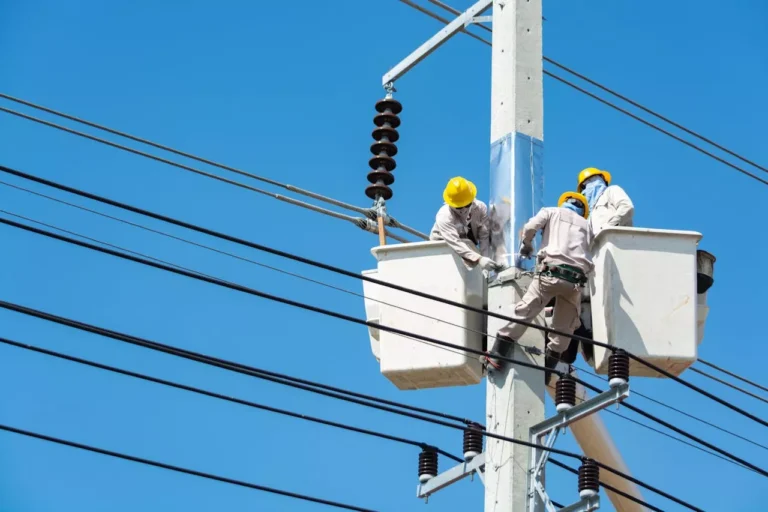
The Northeast Power Coordinating Council, Inc. (NPCC) has released its annual summer reliability assessment, projecting that the NPCC Region will experience sufficient electricity supply this summer. The forecast predicts an overall NPCC coincident electricity summer peak demand of approximately 105,000 MW, which is about 200 MW lower than last summer. Despite a decrease in installed capacity of approximately 805 MW from last summer, with the largest capacity reduction occurring in New England due to the planned retirement of the Mystic Units, a total installed capacity of around 158,000 MW is expected to be available to meet electricity demand in the Region.
Forecasts also indicate adequate transmission capability and capacity margins to meet peak demand and required operating reserves. NPCC anticipates spare operable capacity ranging from approximately 7,000 MW to over 18,000 MW this summer, exceeding reserve requirements.
Charles Dickerson, President and CEO of NPCC, attributed the forecasted reduction in summer peak demand to factors such as the ongoing impacts of rooftop solar, energy efficiency initiatives, and demand-side management programs. He also highlighted system upgrades in New York and New England as contributing to the Region’s reliability by addressing transmission security needs.
New England, New York, and Canadian Provinces including Ontario, Québec, and the Maritimes are expected to have adequate electricity supplies this summer. Québec, with its winter peaking nature, is forecasted to surpass electricity demand significantly, enabling surplus electricity transfers to other areas if necessary.
The assessment considered various associated risks, including higher-than-expected demand, forecast uncertainty, generator plant outages, transmission constraints, and the implementation of operating procedures. Phil Fedora, NPCC’s Chief Engineer and Vice President, emphasized the organization’s readiness to manage system conditions, including potential solar storms, through established procedures designed to mitigate the effects of geomagnetic disturbances on the power system.
NPCC will maintain vigilance over the bulk power system throughout the summer, conducting daily and week-ahead calls with system operators and neighboring regions to communicate operating conditions, coordinate maintenance, and facilitate assistance procurement under emergency conditions. Additionally, NPCC will support industry-wide efforts to promote reliability and security coordination through communication, awareness, and information sharing initiatives.







